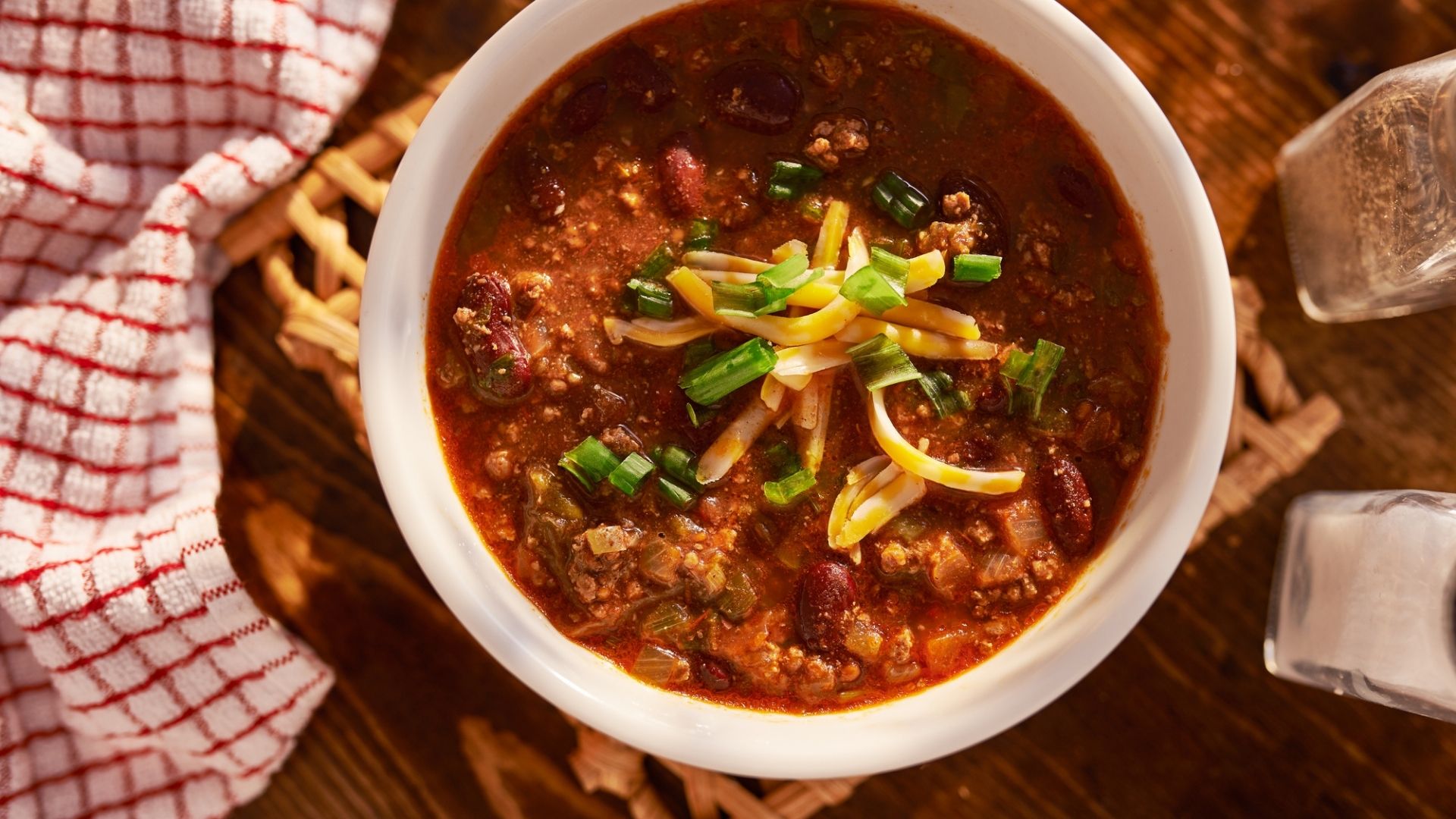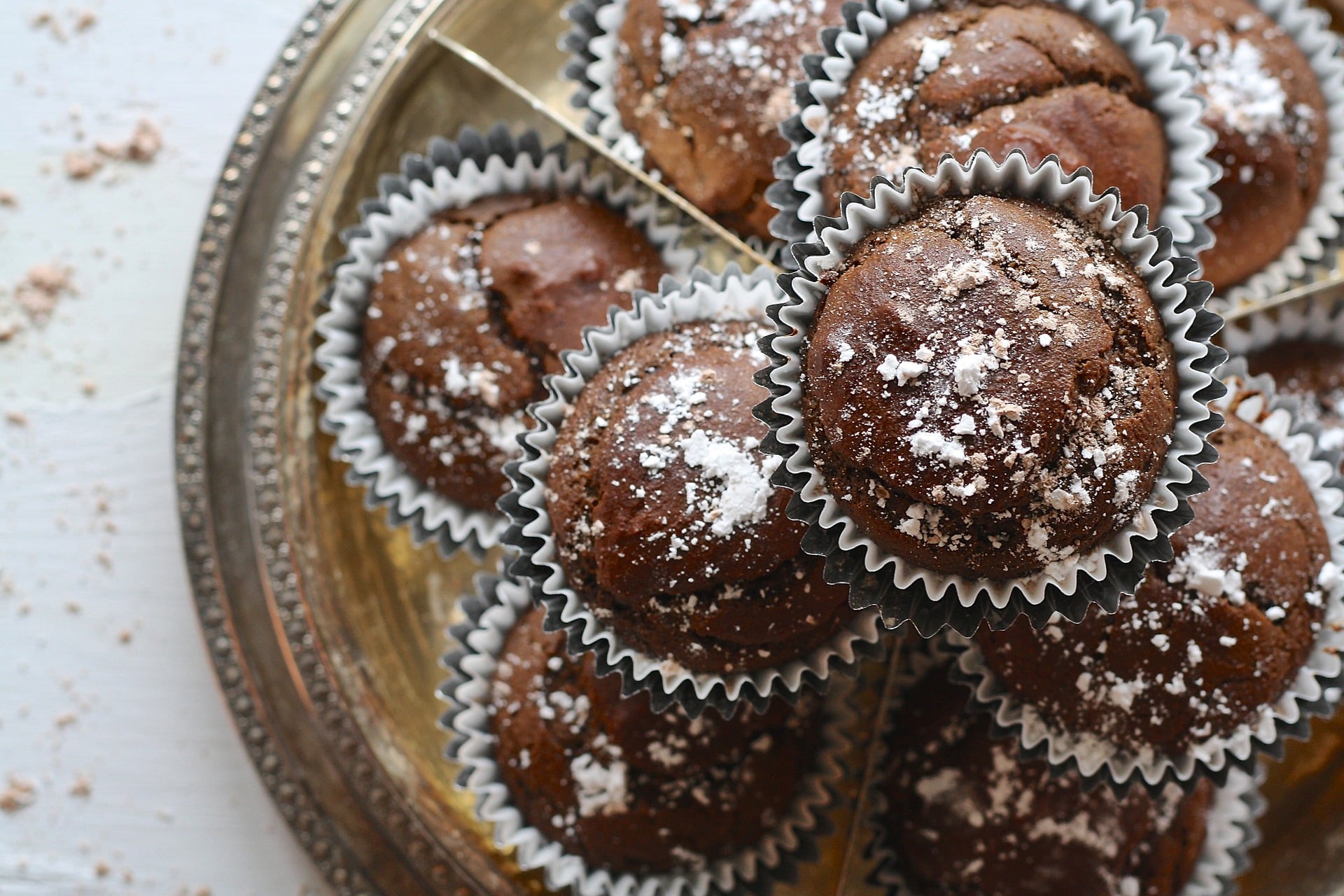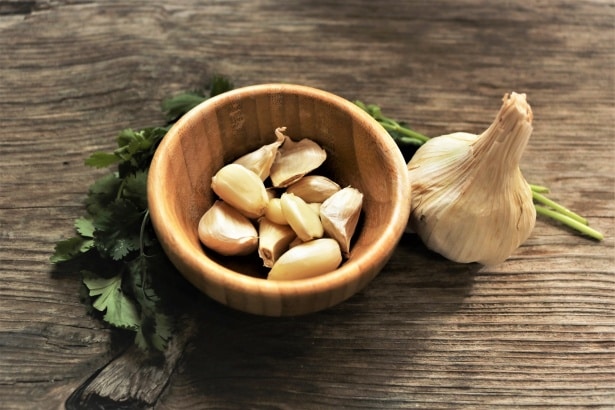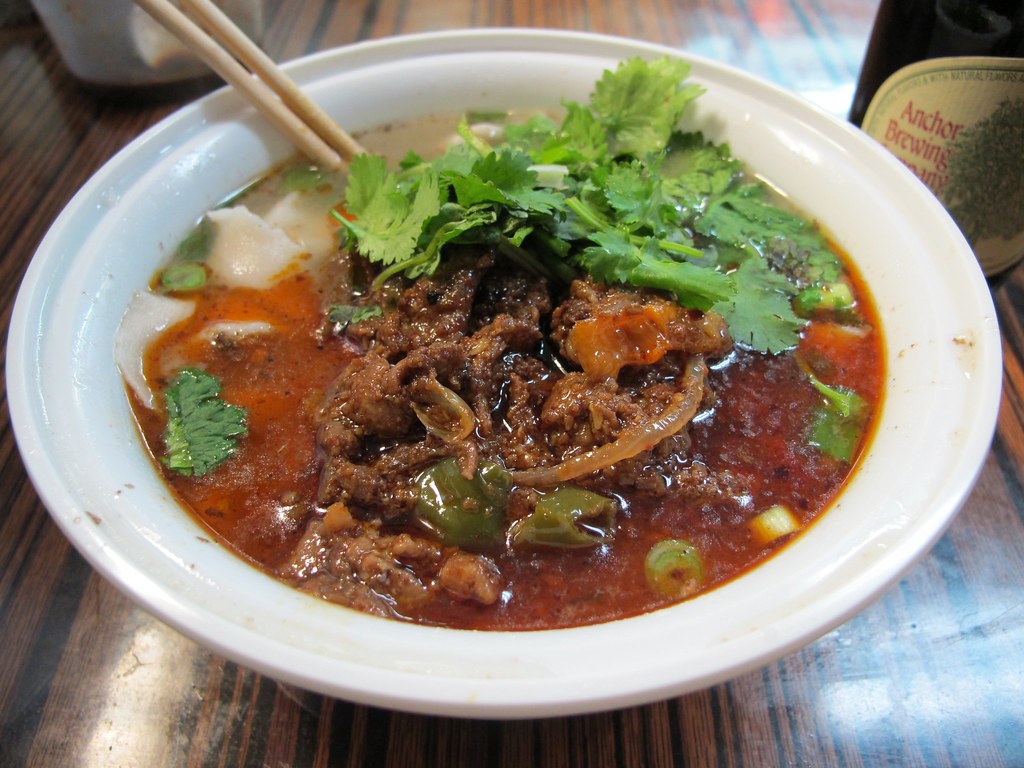Vietnamese coffee hits like a lightning bolt of caffeine that wakes you up in a flash. Its bold, smoky flavor dances on your tongue like a smooth melody, totally different from your usual coffee taste. The slow drip method pulls out rich, deep flavors that feel like a warm, comforting hug with each sip. When a serious caffeine kick is needed to jumpstart the morning or beat the afternoon drag, this coffee delivers every time. Coffee fans hunting for a strong energy blast hardly ever find a better choice. Watching this unique brew shift coffee habits and lift moods shows a special magic in its flavor that keeps people coming back. Find out why so many swear by this drink—it’s a game changer that sticks with you.
It’s easy to see why!
This refreshing beverage combines coffee, condensed milk, and hot water into one smooth and creamy drink.
So, how do you make this wonderful creation?
Let us show you exactly what steps you need to take in order to make this tasty drink at home.
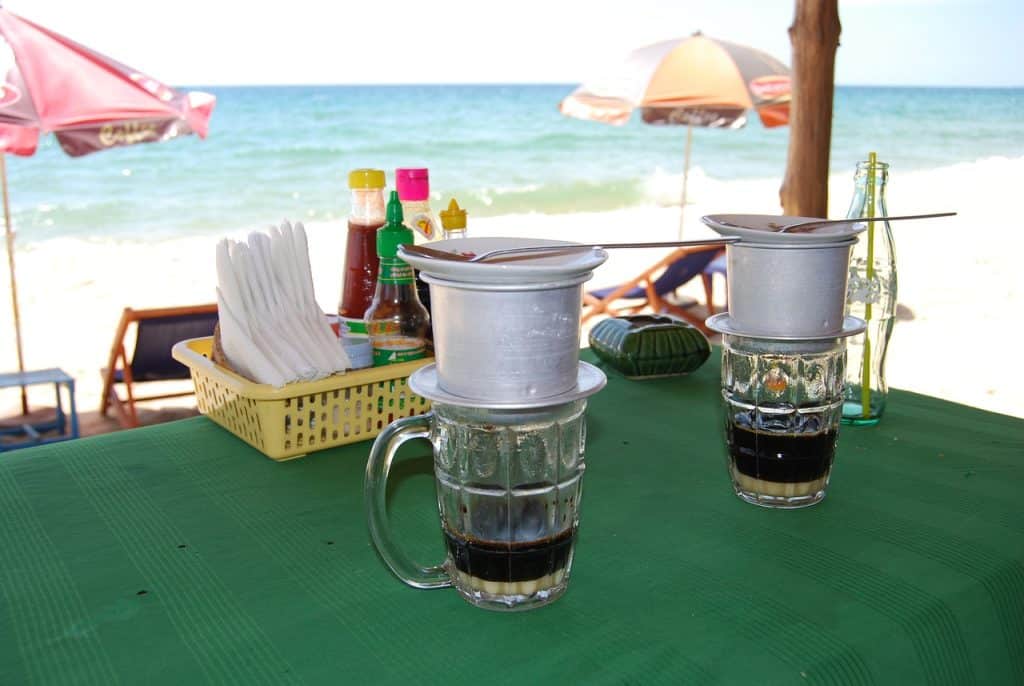
What is Vietnamese coffee?
Vietnamese coffee is made from coffee, condensed milk, and hot water.
The combination of these three ingredients makes this coffee unique.
If you love coffee but don’t like the bitter taste of regular coffee, you will like Vietnamese coffee because it uses condensed milk instead of cream or sugar to sweeten the drink.
What are the ingredients in Vietnamese coffee?
If you would like to create a nice, creamy blend of coffee, condensed milk, and hot water, here are the exact ingredients you’ll need to get started.
- 1/4 cup of ground coffee (regular, decaffeinated, or another flavor)
- 3 tablespoons of powdered condensed milk (plain)
- Hot water
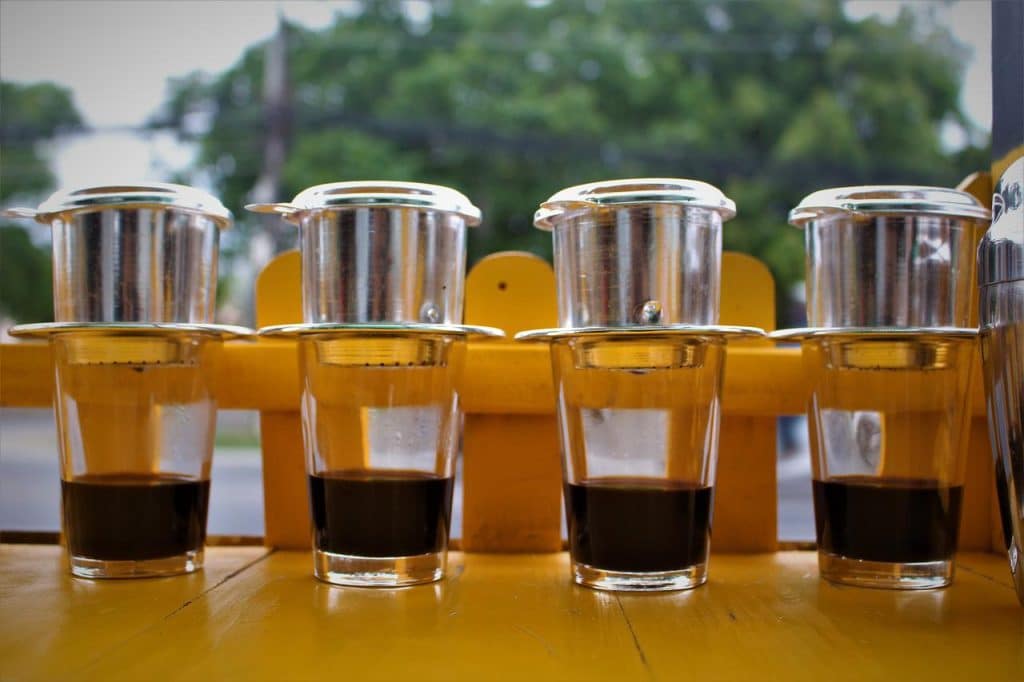
How do you make Vietnamese coffee?
There are several steps involved in making Vietnamese coffee, which we have broken down below so you can follow along.
- Brew coffee with a coffee filter inside a mug.
- Add 3 tablespoons of powdered condensed milk to the brewed coffee.
- Add hot water to the mixture until it reaches 1 cup.
(For best results, use filtered water.)
Now, you should have a flavorful cup of coffee that is loaded with caffeine.
While many people may be able to drink just one cup of coffee, others may want more.
Just remember that adding more than 2 cups of hot water will dilute the flavors of the coffee.
What is the history of Vietnamese coffee?
It isn’t clear when Vietnamese coffee was first created, but there are two main theories regarding its origins.
The first theory suggests that the drink began as a way to help workers stay awake during long hours of labor.
As such, coffee wasn’t used to give off a pleasant aroma.
Instead, it was added to coffee to make sure the workers stayed alert during their shifts.
Another theory suggests that the drink was created by French colonists who had been brought over to Vietnam in the late 19th century.
These colonists introduced the idea of drinking coffee while working in the fields.
Eventually, they learned about Vietnamese coffee and brought it back to France, where it became popular among the upper class.
What is the difference between Vietnamese coffee and other types of coffee?
Because Vietnamese coffee is made from coffee, condensed milk, and hot water, it is considered to be different from other types of coffee.
For example, café au lait is a very popular type of coffee that involves hot milk rather than hot water.
What are some popular brands of Vietnamese coffee?
Vietnam is known for its famous street drink called Vietnamese coffee.
Vietnamese coffee is typically served with beef noodle soup, and although the traditional version does not contain condensed milk, many modern versions do.
One brand of Vietnamese coffee includes condensed milk and is available nationwide.
This condiment is also commonly found in drinks like iced Vietnamese coffee.
In addition to condensed milk, you might find the following ingredients in other beverages made with Vietnamese coffee:
- Coconut milk
- Mango
- Honey
- Soy sauce
- Fish sauce
- Shrimp paste
How do you know if your Vietnamese coffee is fresh?
As with any product, it is important to buy your coffee from a reputable source.
However, when it comes to Vietnamese coffee, there are a few things you can look out for to determine if it is fresh.
First, check the expiration date on the bottle.
Fresh Vietnamese coffee should come with an expiration date that is no earlier than six months after purchase.
If it doesn’t have a specific date, then you should consider buying it sooner rather than later.
Second, look for signs of mold growth.
Moldy Vietnamese coffee looks like black spots that grow larger over time.
If you notice it in your coffee, discard it immediately.
Next, check the container.
Ideally, all the containers should be sealed tightly so that you won’t have to worry about leaks.
You should also keep your Vietnamese coffee in a cool, dry place away from direct sunlight.
What are some tips for making the perfect cup of Vietnamese coffee?
While there are several methods for making Vietnamese coffee, we recommend using the following steps:
- Use filtered water.
- Do not add sugar or flavorings to the coffee.
- Bring the coffee to a boil before adding the condensed milk.
- Once the mixture begins to foam, reduce the heat and let it simmer for five minutes.
- Stir the mixture continuously and serve immediately. Don’t forget to pour yourself a glass of cold water.
How do you store Vietnamese coffee?
Store your Vietnamese coffee in a cool, dark place, preferably in a container with an airtight lid.
Make sure the coffee stays below 85 degrees Fahrenheit, which is the freezing point of coffee.
Also, avoid storing the coffee near strong odors or anything acidic.
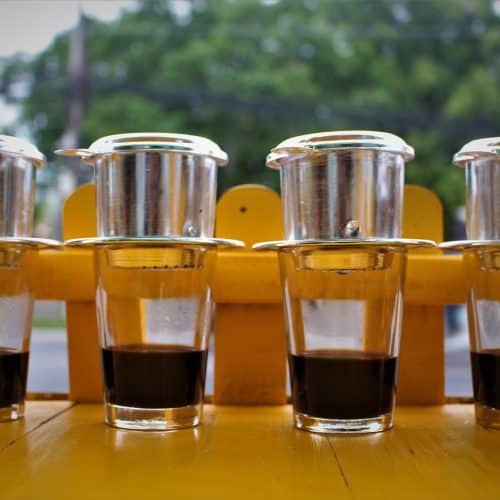
Make Vietnamese Coffee
Equipment
- 1 mug
Ingredients
- 1/4 cup ground coffee regular, decaffeinated, or another flavor
- 3 tablespoons condensed milk plain
- Hot water
Instructions
- Brew coffee with a coffee filter inside a mug.
- Add 3 tablespoons of powdered condensed milk to the brewed coffee.
- Add hot water to the mixture until it reaches 1 cup.
Nutrition
- 25 Simple Lemon Dessert Recipes - January 2, 2026
- 25 Delicious Jalapeno Recipes - January 2, 2026
- 25 Homemade Sour Cream Recipes - January 2, 2026
